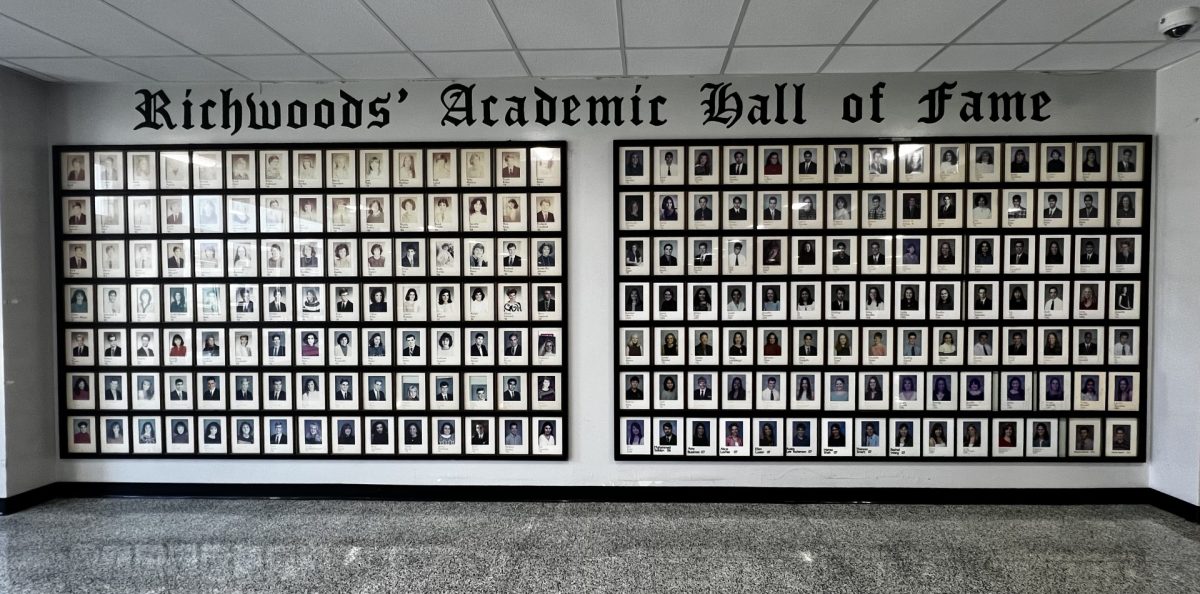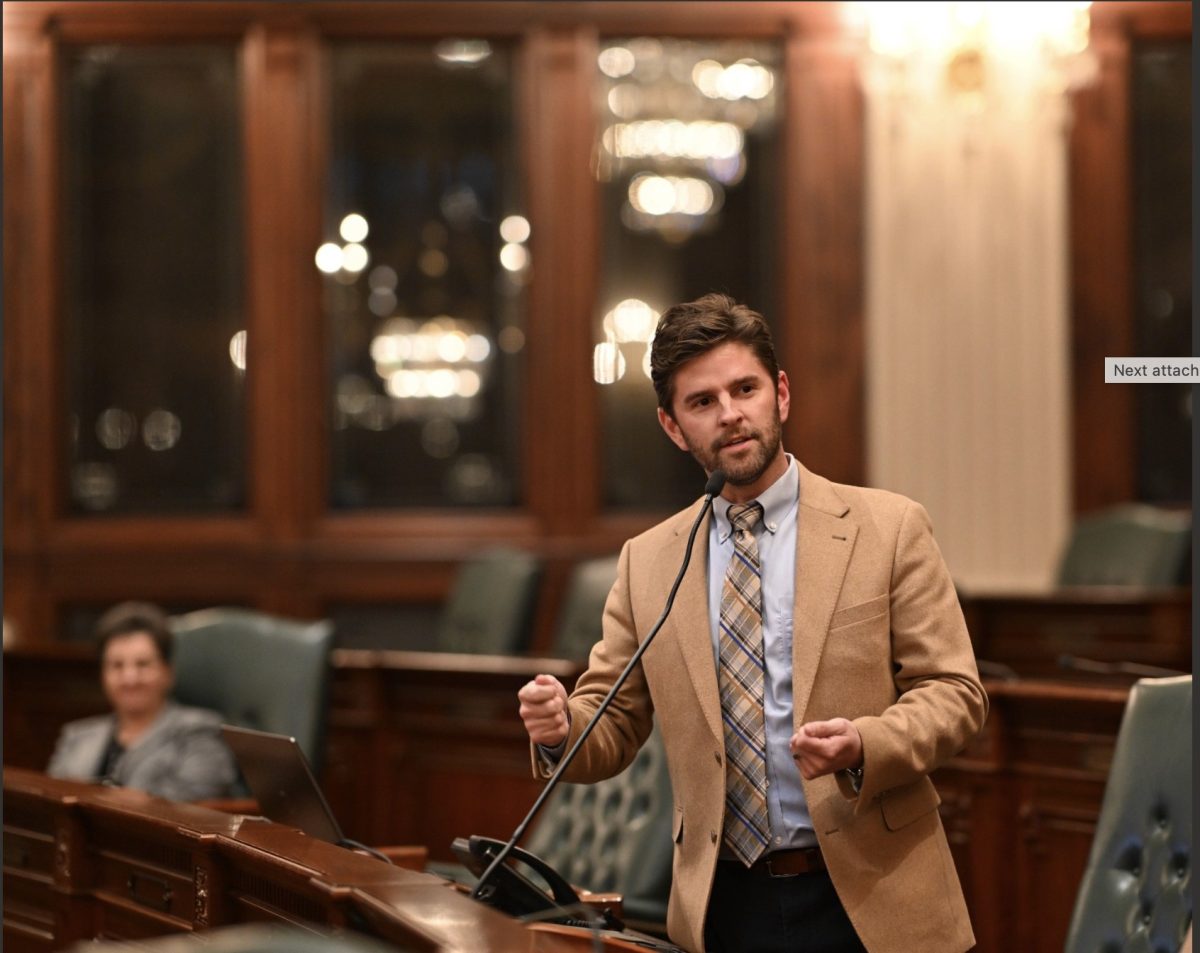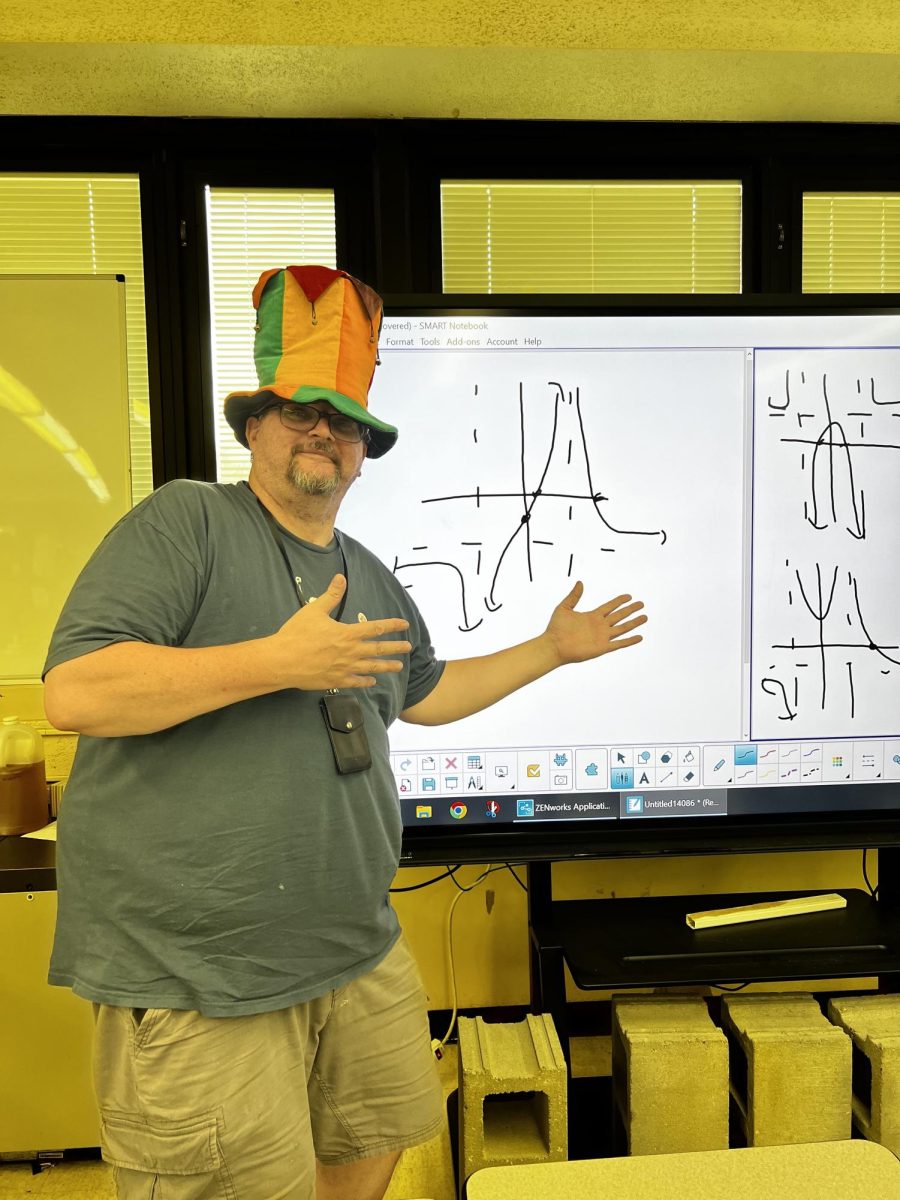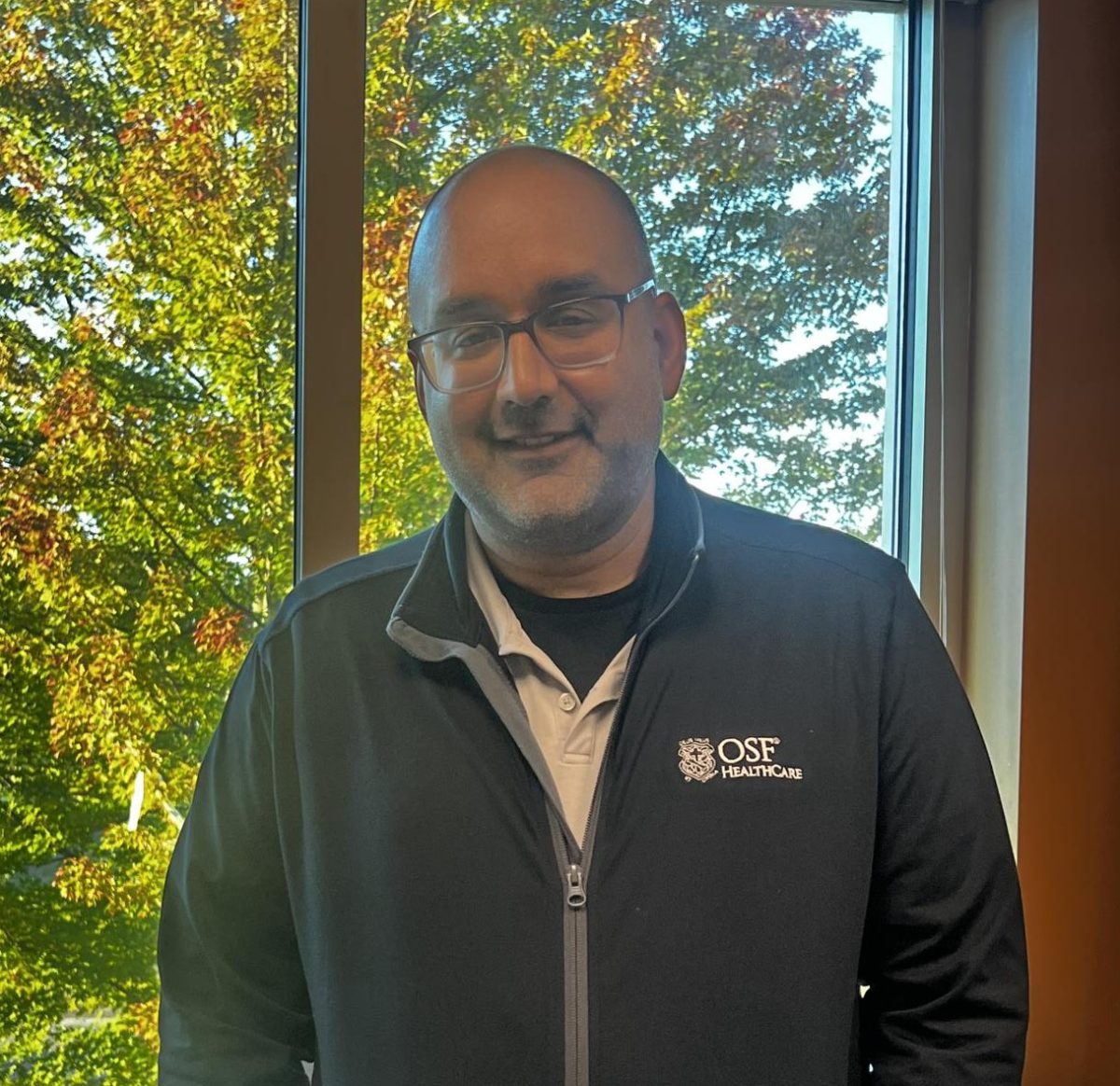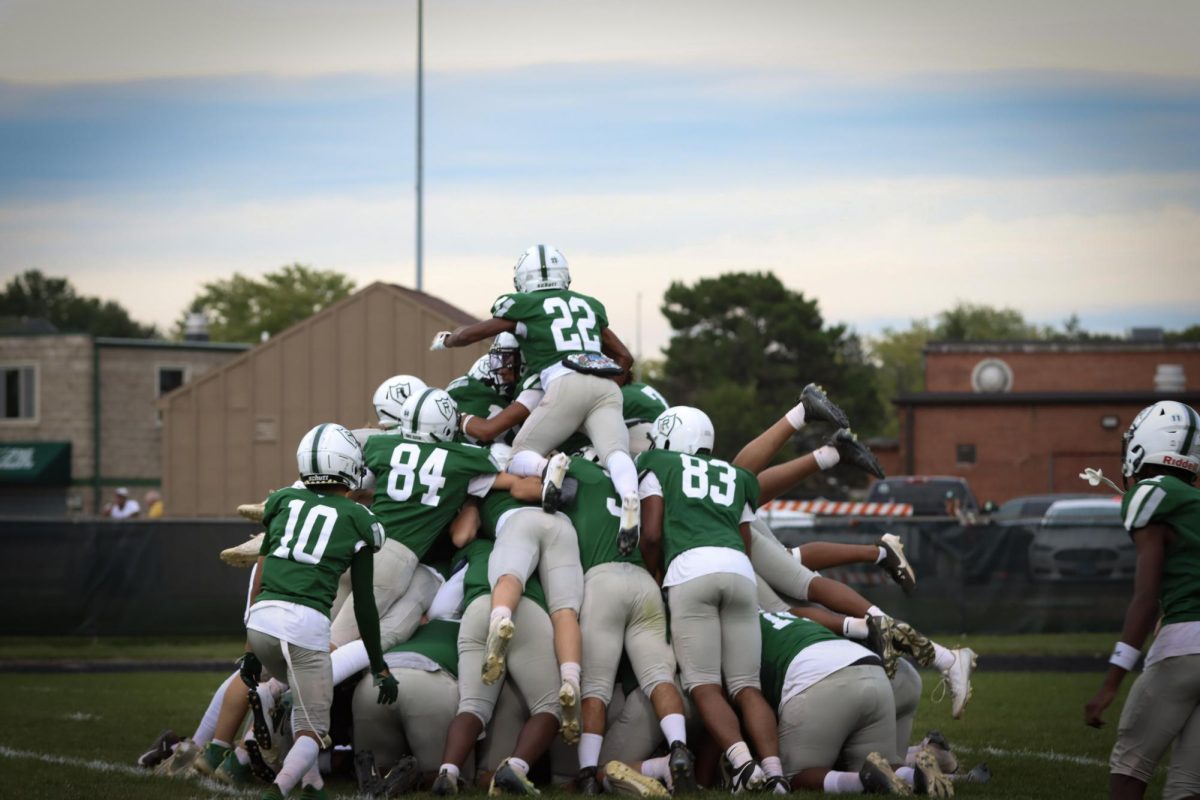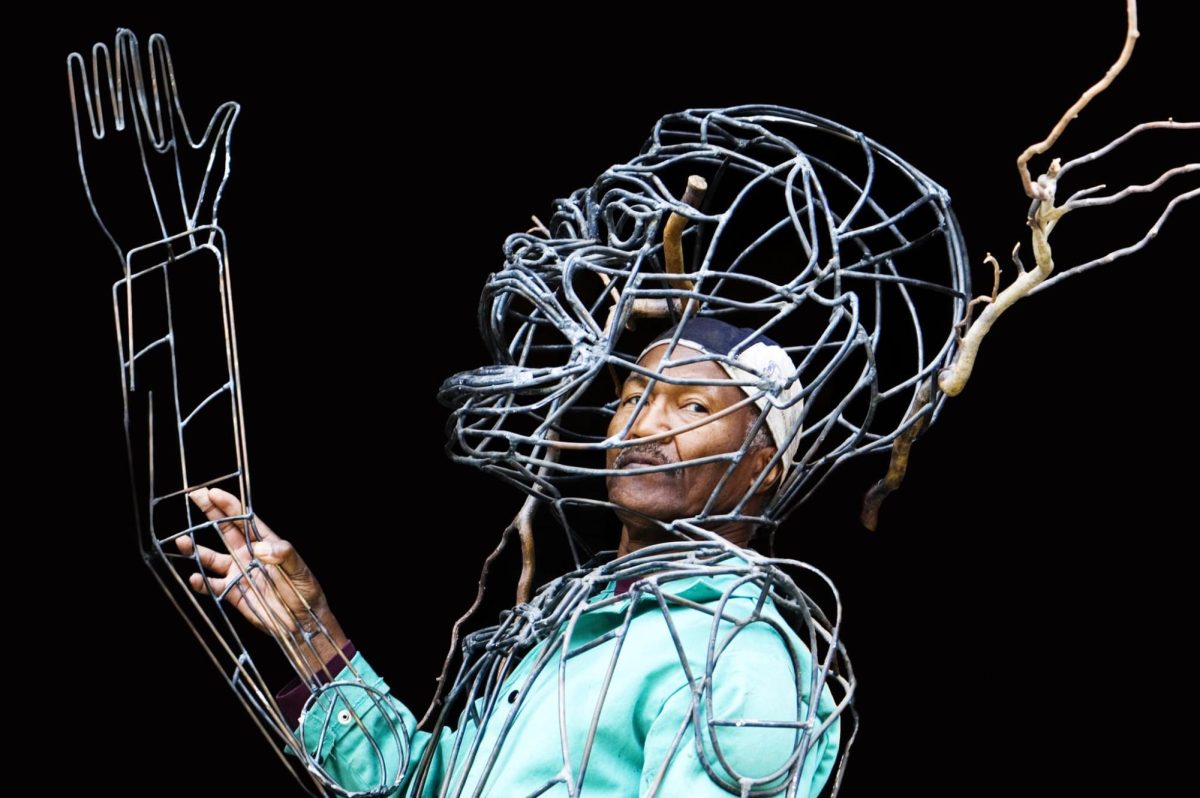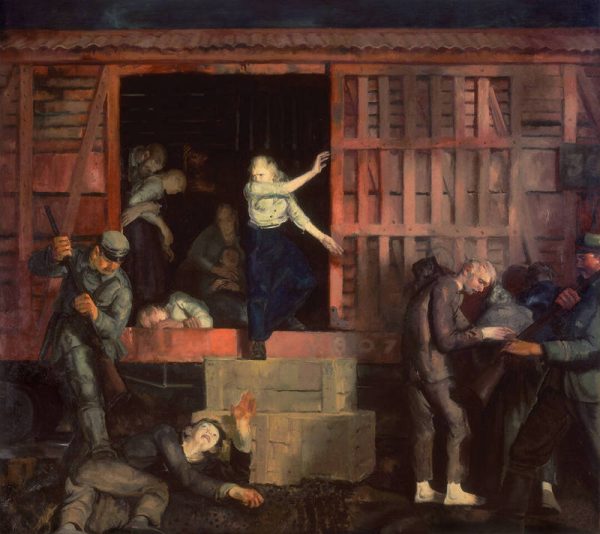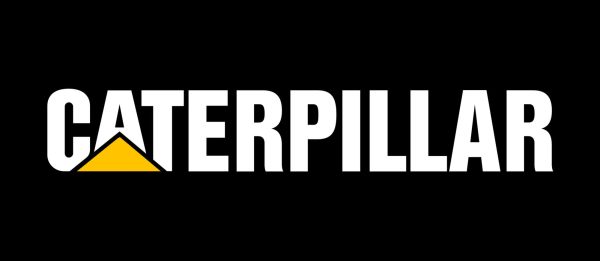Devastating Derailment
Amtrak incident in Montana
Joplin, Montana is a small town with a slight population of just 150. Until recently, it may not have crossed your geographical radar. An Amtrak train, traveling from Chicago to the Pacific Northwest derailed near Joplin at about 4 p.m., Sunday, September 26th. The train, the Empire Builder, was on a route from Chicago to Seattle. There were 141 passengers and 17 crew members on board. There were at least 3 casualties and 50 injured. Investigators in Montana are working to deduce a cause of that Sunday’s derailment. The National Transportation Safety Board has not been able to find any potential problems that could have caused the derailment. Investigators say that the train was traveling at a speed of 79 miles per hour, just below the speed limit, at the time of the derailment.
Throughout the train industry, derailments are rare. According to experts and federal rail incident data, they are increasingly less frequent than in the past. Incidents with passenger injuries are even less likely to occur. Amtrack incidents account for approximately 2 percent of all major railroad incidents. Over the past ten years, Amtrak has had an annual average of 24 derailments, but that is comparatively less than the previous decade’s annual average of 43 train derailments.
Though the causes of the derailment are still inconclusive, of the more than 50 passengers injured last month, 7 have filed federal lawsuits against the rail line. The lawsuits allege that the railroad track operator was negligent in failing to prevent the incident from occurring. The plaintiffs, a Massachusetts couple, a Pennsylvania couple, and a man from Montana, have filed lawsuits in the Illinois federal court. Brandi and Shawnee Gimse, the two plaintiffs from York, Pennsylvania, were in a train car that tipped on the side. Theodore Hastreiter of Montana, notes physical, psychological, and emotional trauma from witnessing the incident as well as suffering from his own injuries. Another plaintiff from Illinois, whose husband was killed in the crash, filed a wrongful death lawsuit against Amtrak and BNSF.
Bob Cipkevich, an investigator who oversaw railroad crash investigations for many years at The National Transportation and Safety Board, said that NTSB won’t rule out human error or any other potential causes of the crash. In recent years, railways have almost eliminated major derailments by human error nationwide, by implementing positive train control. Cipkevich says, “track conditions have been a significant cause of train accidents in the past, and the condition of the track Amtrak uses is dependent on the company’s safety maintenance.” Overall, the incident has been devastating to not only the families with loved ones who were injured, but also the Amtrack company.

Addyson is a sophomore at Richwoods and is the editor of the news section. She is in book club, school theatre, and GSA.


